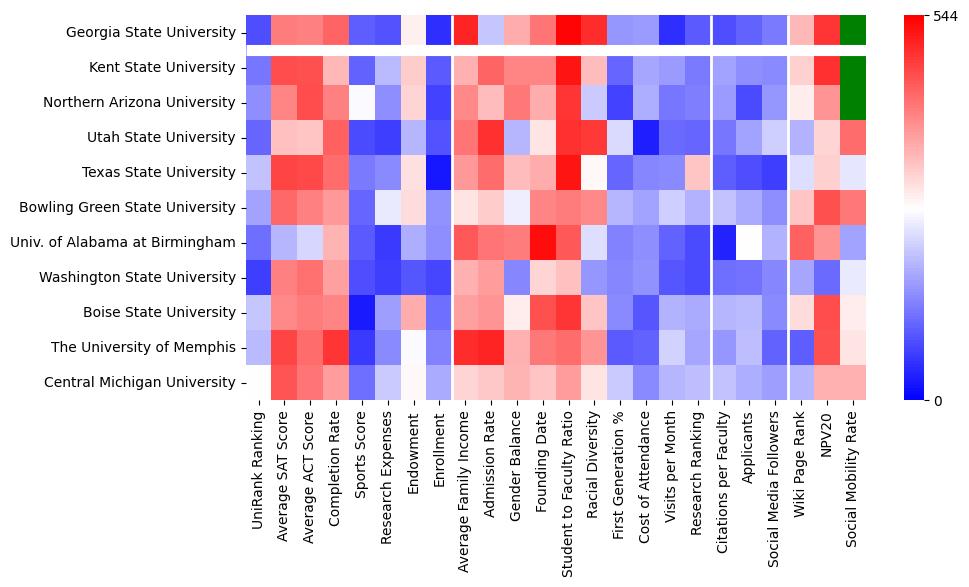Georgia State University (GSU), founded in 1913, is a public research institution located in the heart of Atlanta, Georgia. Originally established as the Georgia School of Technology's Evening School of Commerce, it evolved into an independent university in 1969, adopting its current name. Over the decades, GSU has grown exponentially, now serving over 50,000 students across six campuses and offering more than 250 degree programs. The university's central location in Atlanta, a major hub for business and culture in the Southeast, provides students with unique opportunities for internships and professional growth.
What sets Georgia State University apart is its commitment to accessibility and innovation in student success. Recognized for its diverse student body, GSU is a national leader in graduating students from diverse backgrounds, with a student population representing more than 150 countries. The university has received accolades for its use of data-driven strategies to improve retention and graduation rates, particularly for first-generation and minority students. The Panther Retention Grant program, which helps students close small financial shortfalls, has been heralded as a model for other institutions aiming to eliminate barriers to student success.
Academically, Georgia State University is noted for its strong emphasis on research and real-world application. It is ranked among the top research universities in the nation, with a particular emphasis on fields like public health, law, and business. The J. Mack Robinson College of Business is especially renowned, offering highly respected programs in risk management, real estate, and computer information systems. Additionally, the Andrew Young School of Policy Studies and the College of Law have gained national recognition for their innovative approaches and impactful research.
While GSU excels in many areas, like any large university, it faces challenges. Some students have expressed concerns about class sizes and the availability of courses, which can occasionally impact the time it takes to graduate. Additionally, while the university's urban setting provides numerous advantages, it also comes with challenges related to campus safety and housing affordability. Despite these issues, Georgia State continues to make strides in addressing them, ensuring that it remains a dynamic and evolving institution committed to student success.



